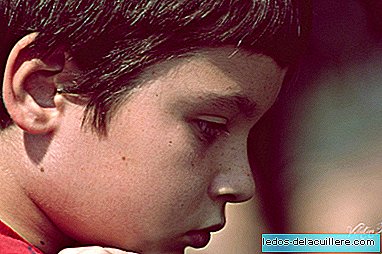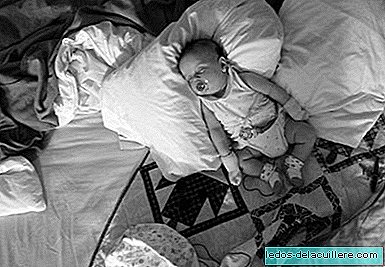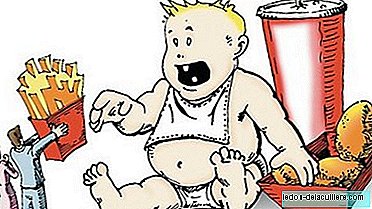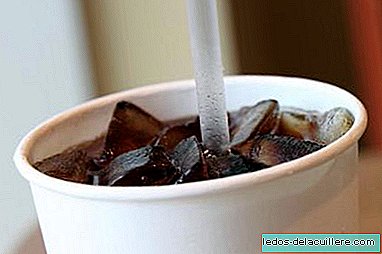
Childhood obesity is an epidemic in the 21st century and there are many factors that feed it. With the aim of stopping it, various actions have been carried out, but there is one aspect that in Spain has barely been touched and that is that of insane food advertising. Our children are exposed to many advertisements every day.
In the report "Marketing of foods rich in fats, salt and sugars for children" the World Health Organization advocates stricter regulations for the regulation of marketing, marketing and advertising of foods rich in saturated and trans fats, sugars and salt.
It has been shown that advertising campaigns make children recognize trademarks at the age of four and ask their parents. Overweight children respond to the presence of food in advertising by increasing their consumption.
The marketing channels are increasingly new, but television continues to occupy an important place when selling products. Many children and teenagers in Europe watch television two hours a day, a space too large for them to receive all kinds of messages.
According to WHO, there is a strong relationship between watching television and childhood obesity since the most frequently announced products are those rich in fats, sugars or salt. The most publicized beverages and foods are soft drinks, sugary cereals, cookies, confectionery, pre-cooked dishes, along with fast food chains.
As VSF (Global Food Justice) points out, four out of every five foods that are advertised in children's spaces are from insane food. That is why it is necessary to stop advertising junk food for children. In other countries (Norway, Austria, Luxembourg ...) advertising is prohibited before and after children's broadcasts.
The only existing regulatory system in Spain is the PAOS code (Advertising, Activity, Obesity and Health), but this only addresses the ethics of advertising, without referring to the nutritional quality of the advertised product or the frequency of issuance of it. Of course, along with advertisements of unhealthy foods we can see certain subtitles that encourage a healthy lifestyle.
In short, those children who are still not clear about the function of advertising, who accept what comes to them without hardly criticism or reflection, what they see is highly attractive (it also seems so to us) and that is what they are going to ask for. While advertising is regulated, it is up to the parents to give in to those desires that, as we often say, are not sporadically bad, but that if they accumulate over time they can negatively affect health.
It is also up to us to spend less time in front of television, something that in itself encourages obesity, and get moving. This does not mean that they are no longer exposed to advertising, since it comes through many other means.
What is clear is that, for the moment, the food industry does not support the fact that this advertising is limited or that the amount of sugar they contain, for example, is clearly announced on the food packaging. Something that would also help us, parents, to control not only what our children eat but also us. Or don't you feel a little lost sometimes reading food labels?












